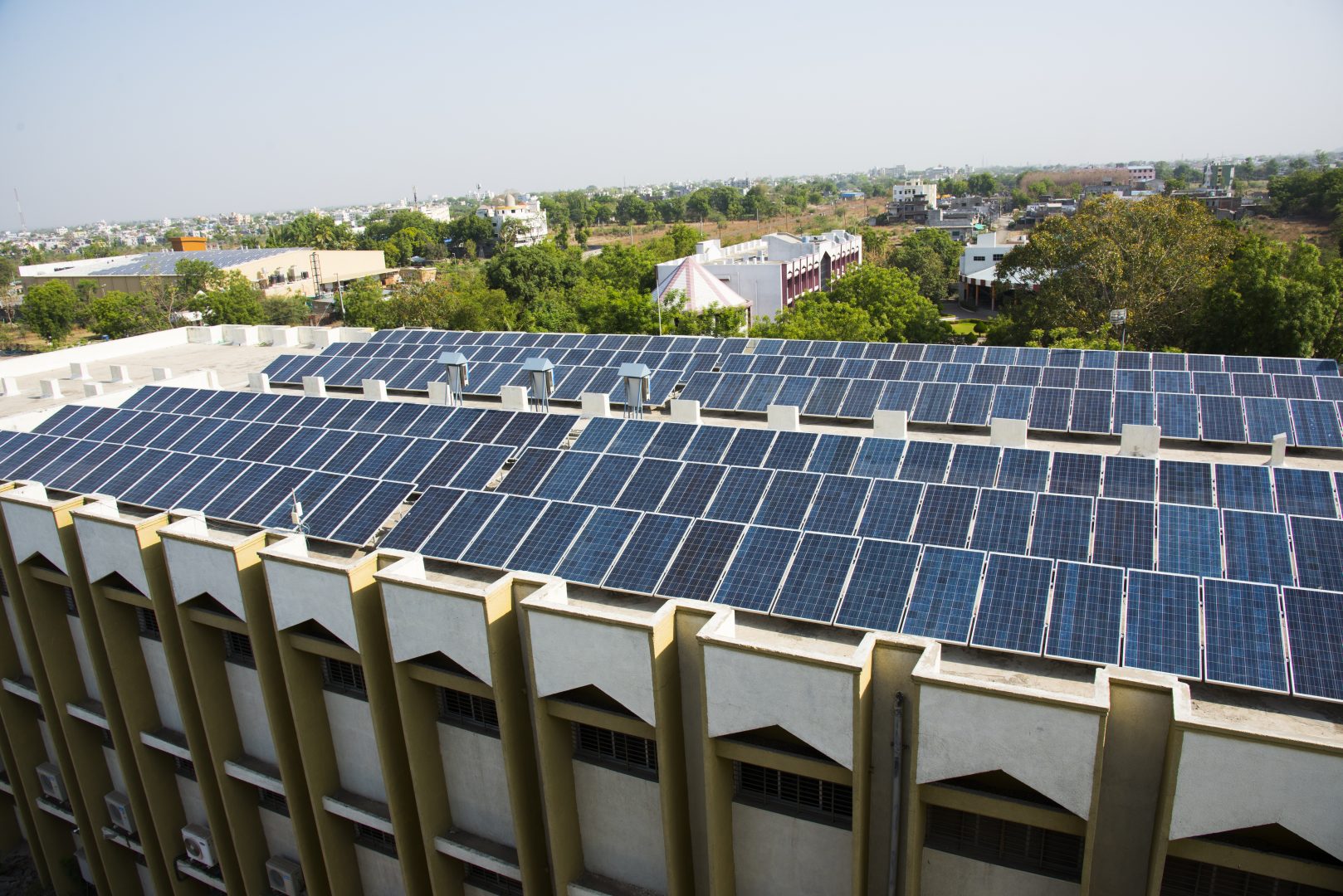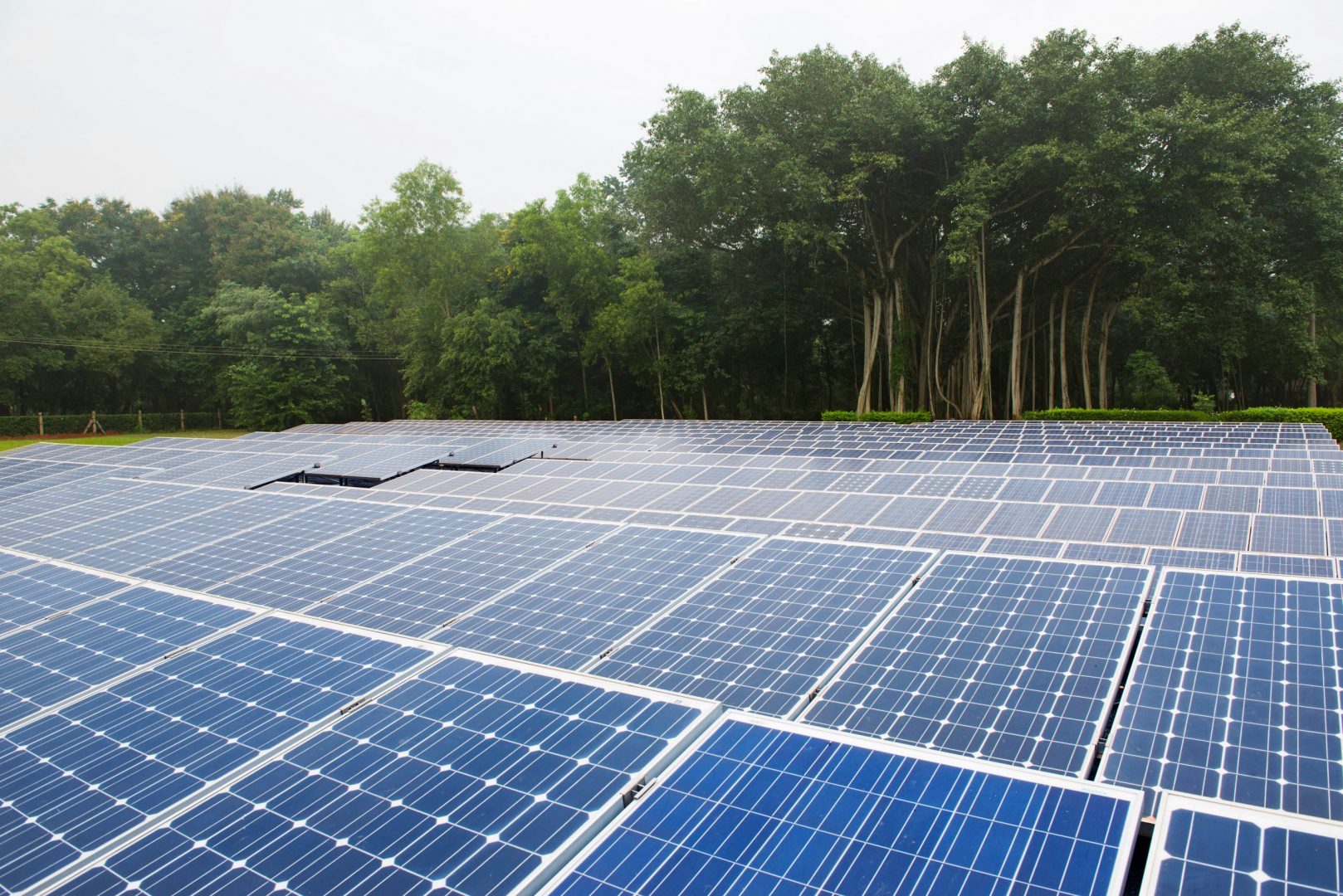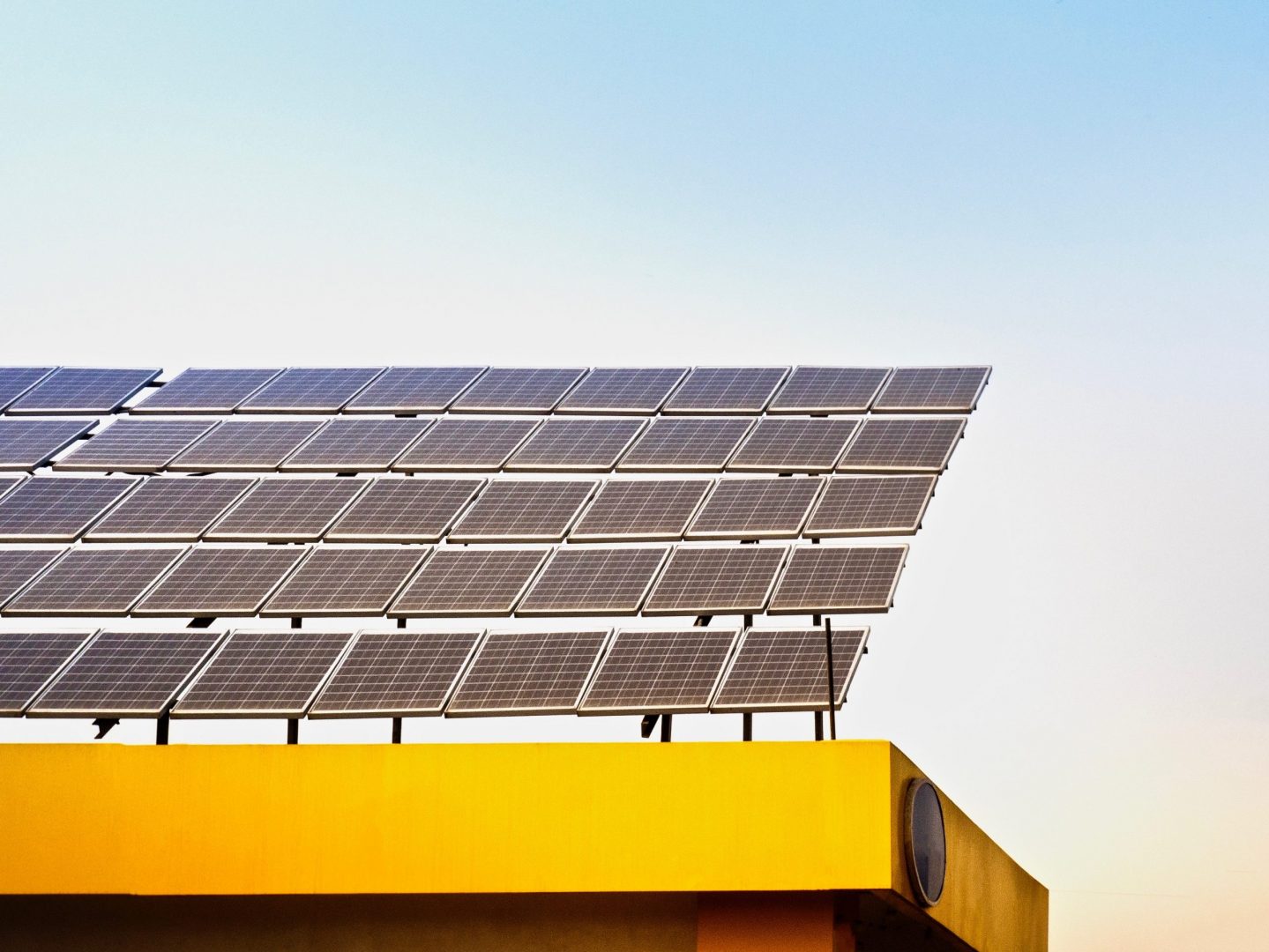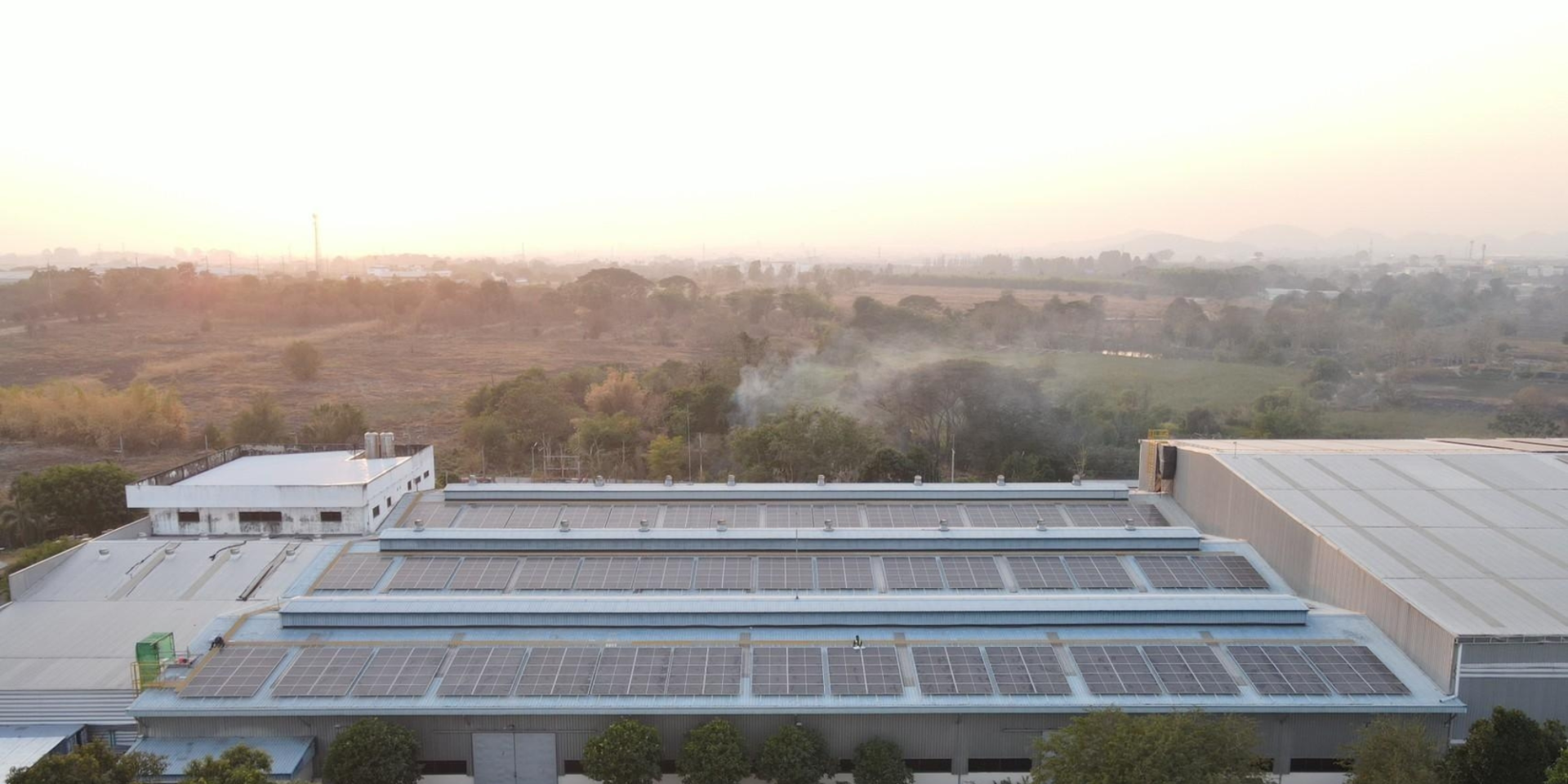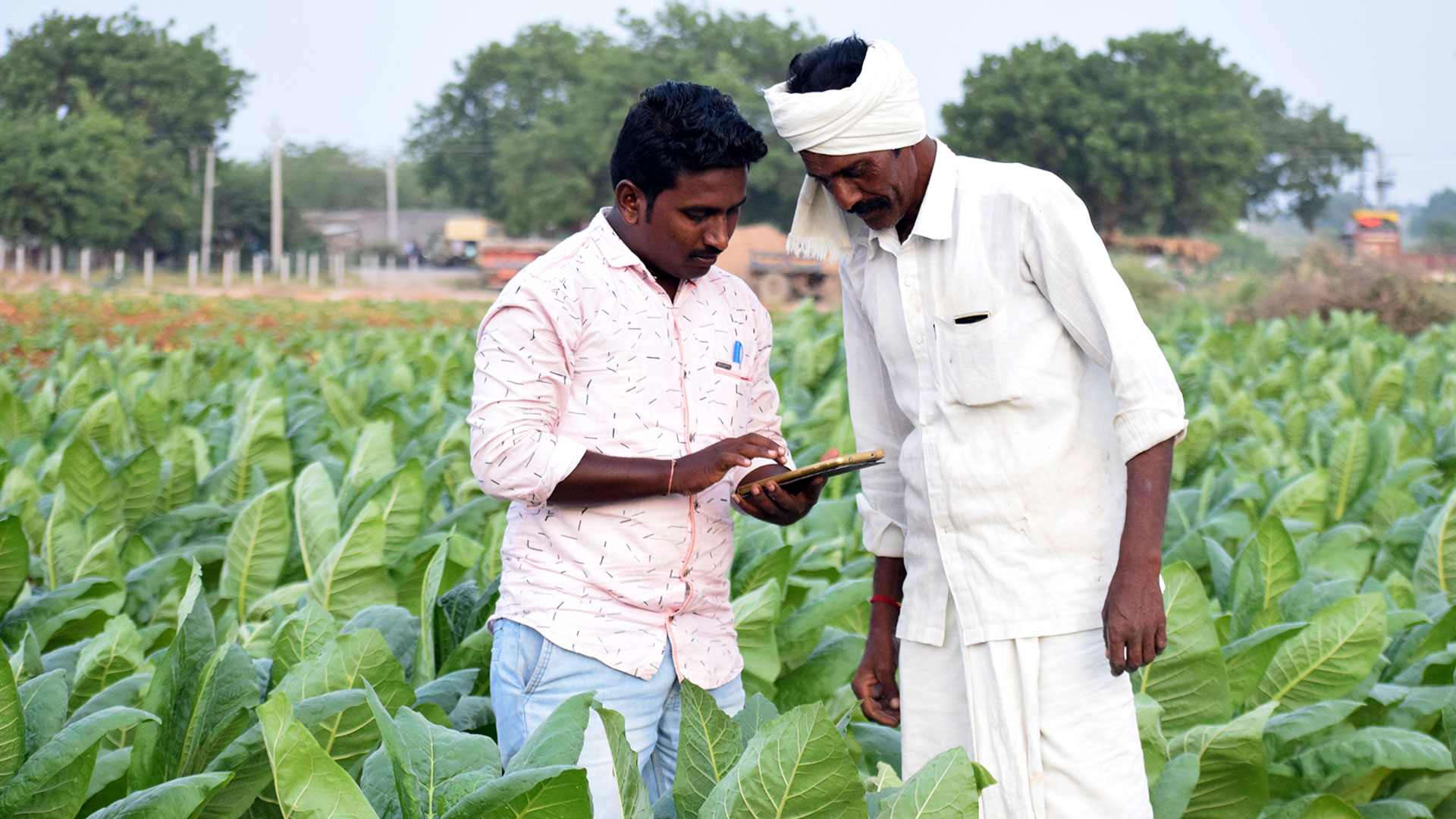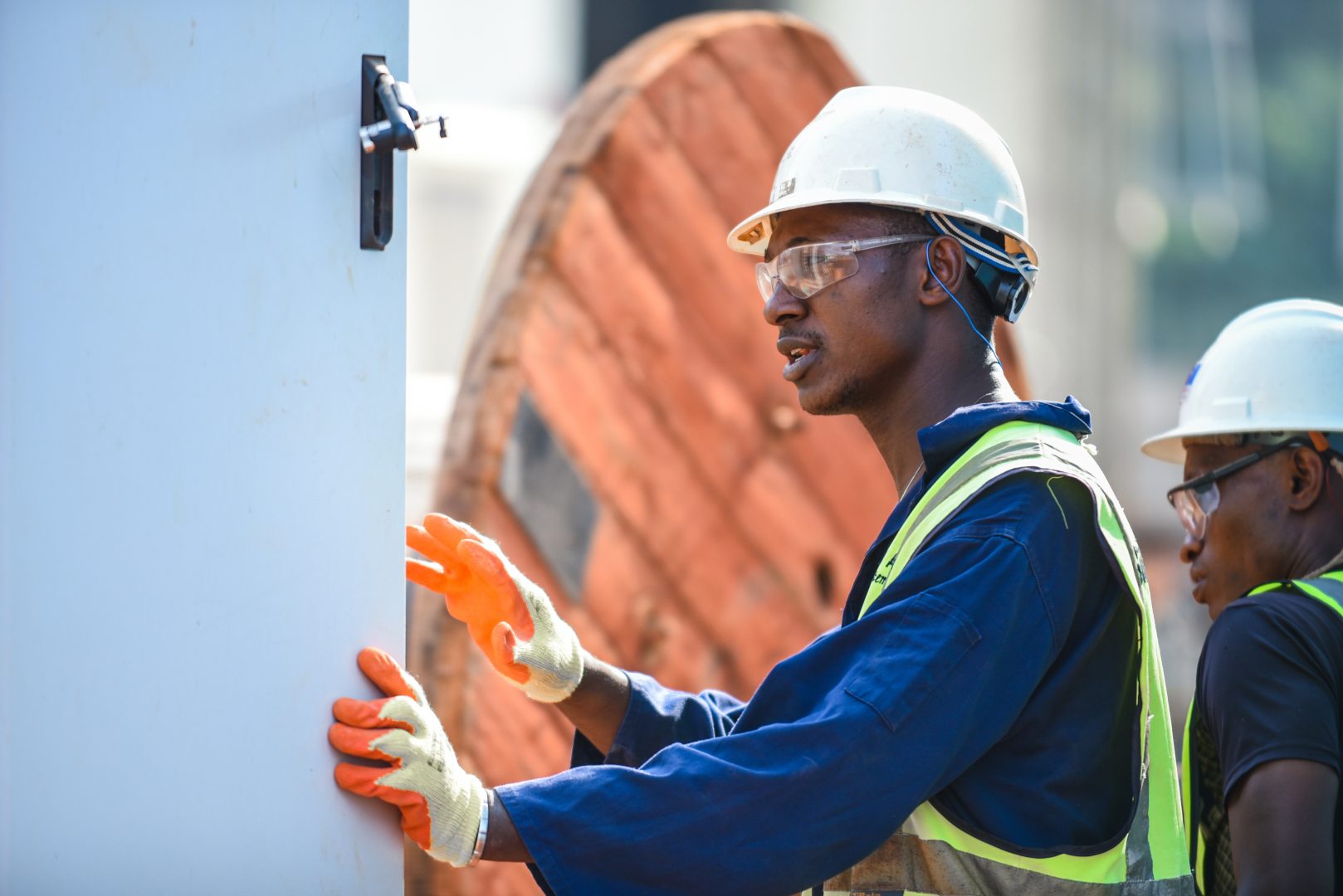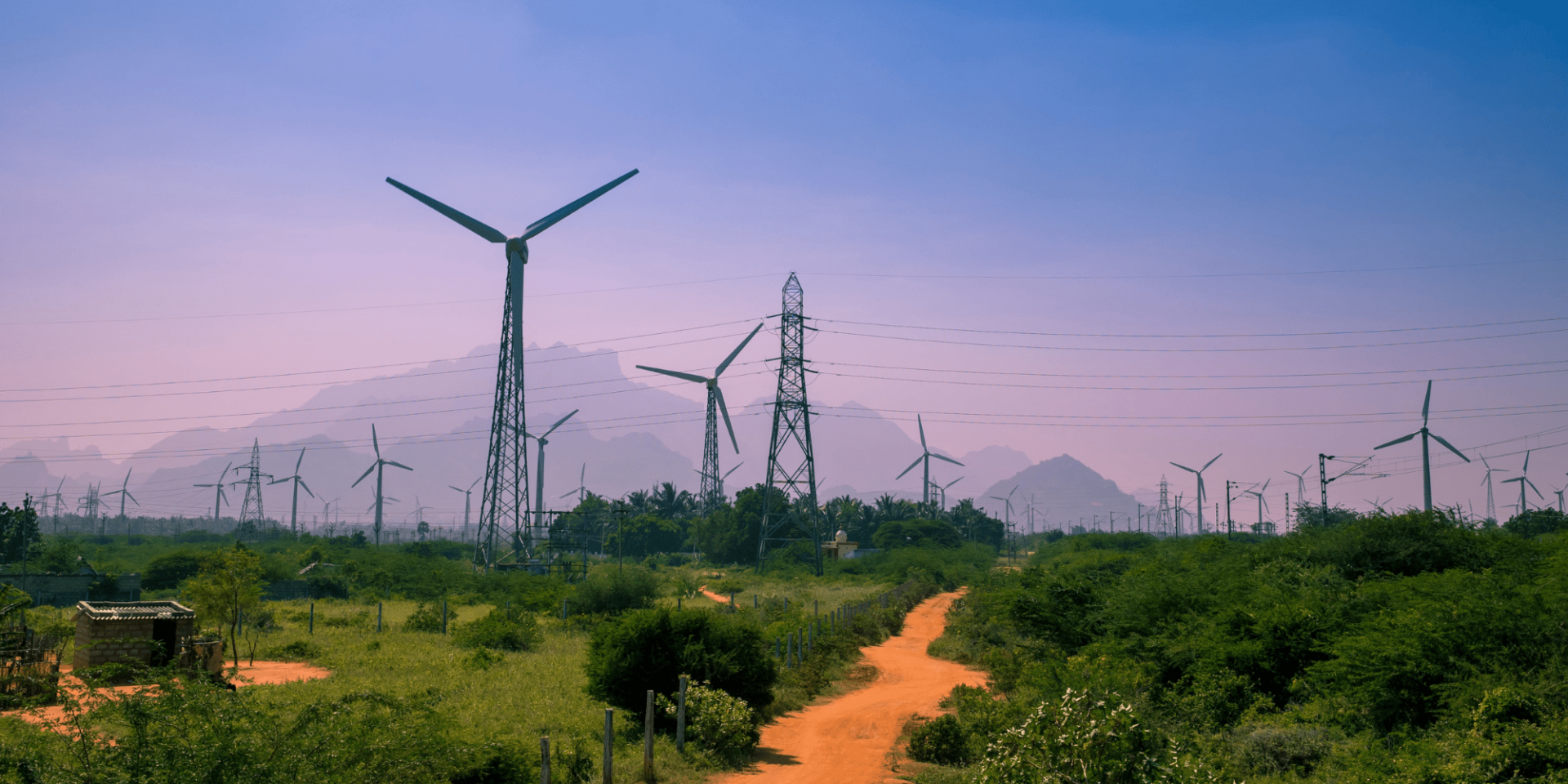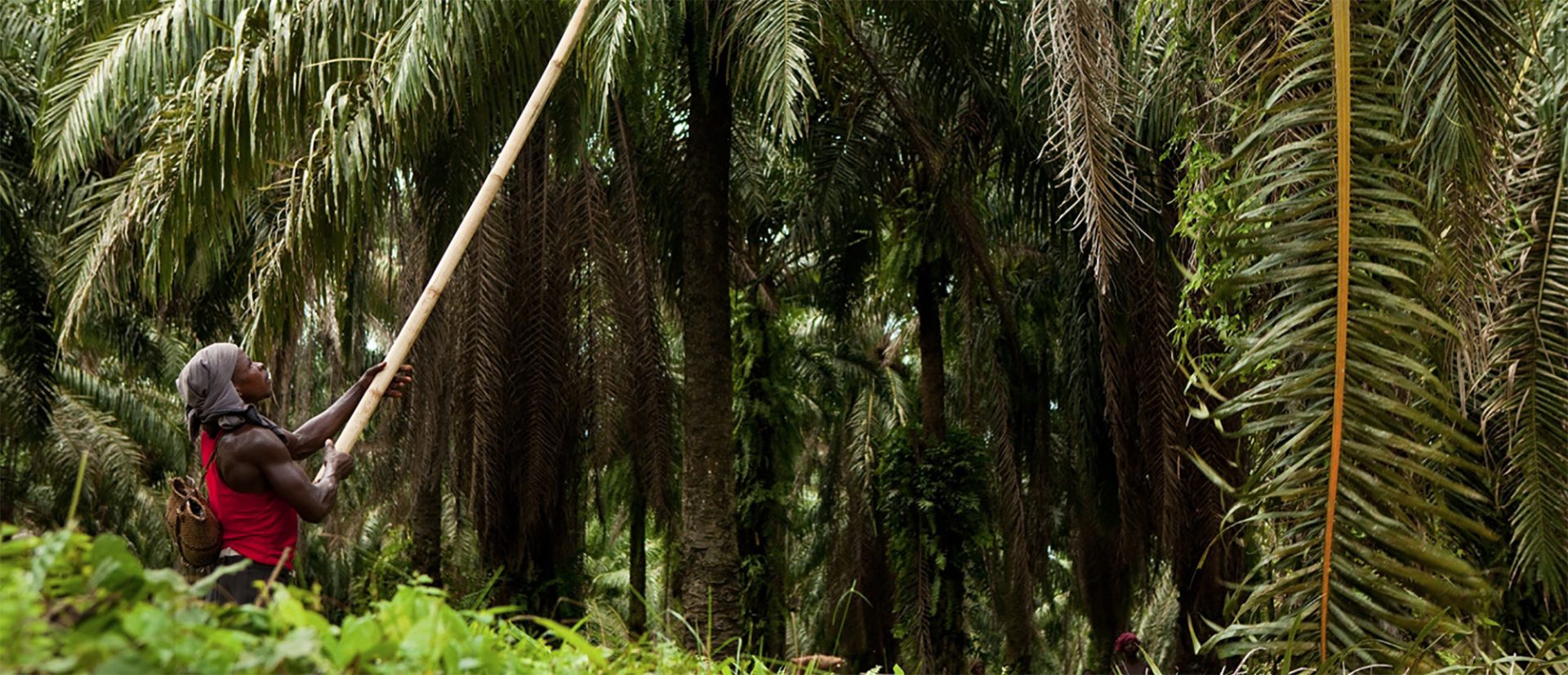A transition to net zero and resilient economies that is socially inclusive – a just transition – is essential if we are to limit global warming to 1.5°C and help countries adapt and be more resilient to the impacts of climate change.
This is particularly important in emerging economies, many of which are heavily reliant on fossil fuels for electricity, industrial production, livelihoods and government revenues. In India, as key sectors of the economy are transformed, we must also create new and decent jobs so that no-one is left behind.
Considering the needs of workers, communities and consumers within climate action is therefore key. India has a large, diverse and growing population which adds to the scale and urgency of the task. In the wake of COVID-19, which is currently having a devastating economic and human impact in India, we need a green and inclusive recovery that delivers new jobs and livelihood opportunities, particularly for low-income workers, rural communities and women.
Finance has a critical role to play. As outlined in the IEA’s Net Zero by 2050 report, we must radically increase the flow of finance into emerging markets to enable the transition to net zero emissions. As part of this, public finance – both domestic and international – alongside private investors should prioritise a place-based financing and investment approach that aims to replace livelihoods dependent on the fossil fuel value chain, support workers to gain new skills and jobs, and improve clean energy access in a way that has social co-benefits for workers and communities.
At CDC, we invest for clean and inclusive growth, and have always considered the importance of decent work for all. We’re committed to considering the social implications of climate change alongside the environmental impacts – that’s why just transition is a key pillar of our Climate Change Strategy. In India, we’re supporting the development of clean energy through Ayana Renewable Power, a renewable energy platform we launched in 2018, alongside investments in sectors such as agriculture and healthcare. In partnership with Ayana, we have supported skills development for rural youth to access solar jobs in Andhra Pradesh and Rajasthan to test new approaches to enabling a just transition.
But we know we can’t deliver on these ambitions alone. With COP26 on the horizon, this report provides the finance community with the foundational research and stakeholder insights needed to agree next steps towards financing a just transition in India. We hope this report will stimulate engagement from international and domestic financial institutions, governments, policymakers, regulators, civil society and local communities on this agenda – as there is lots more work to be done.



